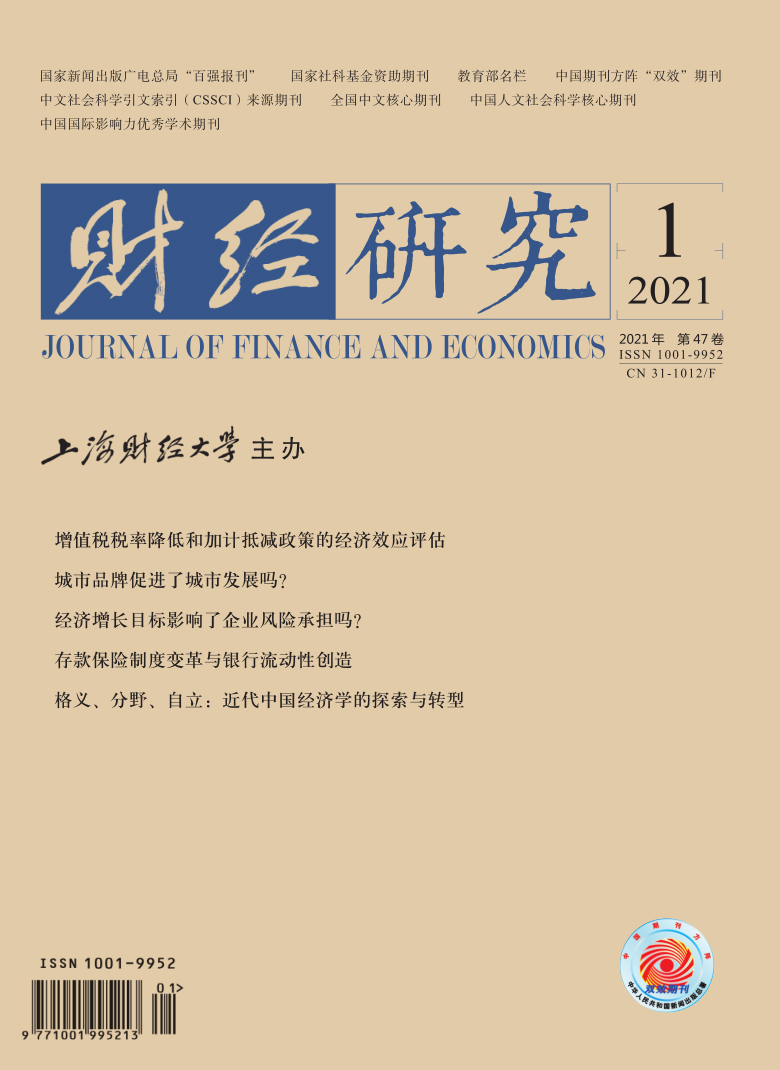Because of the time and space dislocation of social economic practice and economic theory development, it seems impossible for modern China to directly transplant Western economic theories and economic practice unless the exploration of the sinicization of Western economic theories was carried out. Based on the transformation of academic discourse systems as well as economic researchers, as well as the influence of scientific modernization and national modernization, this paper divides the evolution of economics in modern China into three stages.(1)Isogesis(格义)responding to the initial stage, in which the missionaries and traditional advanced intellectuals tried to recapitulate and transplant the Western economic theories and practice in Chinese ways.(2)Division(分野)responding to the development phase, in which the modern academic version of the economic theories and practice was gradually accepted and became popular due to the transformation of the cognition and reflection on Western economics as well as the emergence of Chinese modern intellectuals.(3)Independence(自立)responding to the deepening stage, in which Chinese modern intellectuals took place of traditional intellectuals, and committed themselves to making breakthroughs and even innovation of economic theories on the basis of localization practice of Western economic theories, leading to the need for academic independence and the birth of the new idea of “Chinese Schools of Economics”.
Through the above descriptions and analysis, we get the following conclusions: (1)The sinicization is the logical clue of the exploration of economics in modern China, and the convergence and divergence of economics in China and the West worked as the internal tension of the exploration of economics in modern China.(2)The new idea of “Chinese Schools of Economics” stemmed from the deeper level of the sinicization of economics, and became equal to the deepening sinicization.(3)Hence, the system construction of “Chinese Schools of Economics” is strongly influenced and framed by the needs of scientific modernization and national modernization.
This paper mainly expands the existing research from the following three aspects: First, it links the initial stage of the sinicization of Western economic theories and the following stages which most researchers are relatively familiar with, so that it presents a complete picture of the development of economics in modern China. Second, by taking the interlacing effects of scientific modernization as well as national modernization into account, this paper tells us a new version of the story of the whole process of the sinicization of economics in modern China containing of three stages — isogesis, division and independence. Third, the new version of the story shows us the potential motivation of the sinicization and its transformation of Western economic theories in modern China, and offers us historical enlightenment for the continuous exploration of “Chinese Schools of Economics”.





 8536
8536  8644
8644

